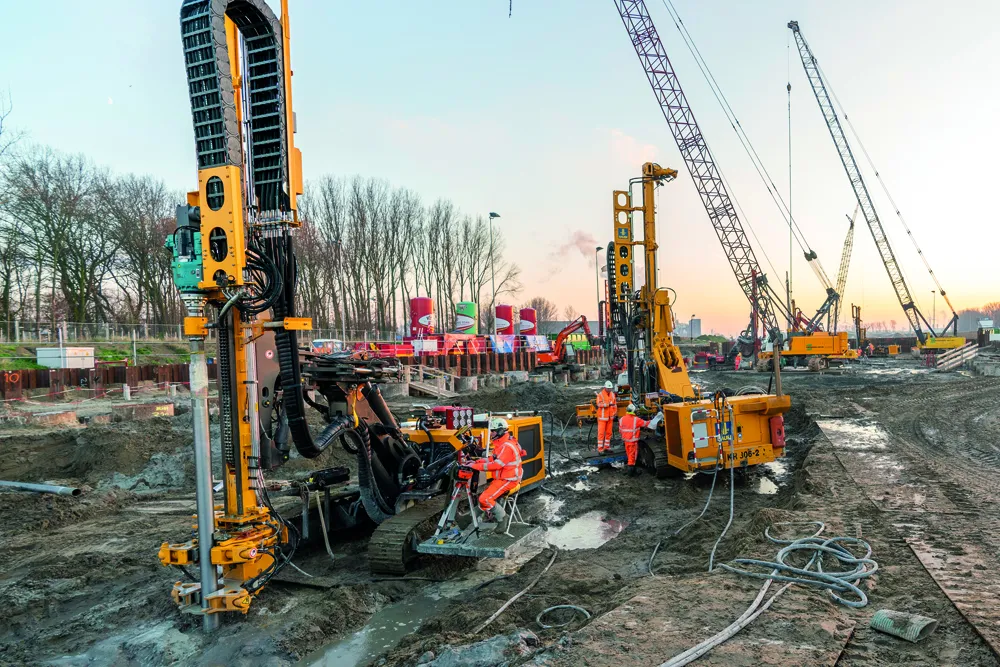
Swedish contractor NCC says extra care is being taken while boring close to an ancient Cathedral for the Sandoy Tunnel Project in the Faroe Islands.
NCC is blasting adjacent to the 800 years old St Magnus Cathedral in the village of Kirkjubøur on the island of Streymoy. The ruin is the largest medieval building in the Faroe Islands and the government has approached the United Nations to have it listed as a UNESCO World Heritage Site.
The cathedral is also close to a section of the10.5km subsea Sandoy Tunnel under construction between Streymoy and Sandoy. NCC says that is limiting its tunnelling operations to reduce vibrations of the rock and earth layers around the ruin.
NCC picked up the Sandoy Tunnel Project as well as the 11km-long Eysturoy Tunnel Project in early 2016.
Work started in 2017 on 10.5m-wide Eysturoy Tunnel that now connects the island of Streymoy to the island of Eysturoy - the towns of Skálafjørður and Tórshavn. It runs under the Bay of Skálafjørður using two tunnels that connect to a roundabout under the seabed at mid-way. The lowest point is to be 187m below sea level.
Meanwhile, work started in 2018 on the 10.6km Sandoy Tunnel that, when it opens in 2023, will connect the island of Sandoy to the greater part of the Faroese infrastructure. Lowest point of the 9.5m-wide tunnel will be 157m below sea level. The tunnel will surface in Traðardalur between the villages of Skopun and Sandur. On the island of Streymoy it will surface in Gamlarætt. Similar to the Eysturoy tunnel, the steepest inclination will be 5%.
Both tunnels will be tolled.
The rugged Faroe Islands are where the Norwegian Sea and the North Atlantic Ocean meet, and lie halfway between Norway and Iceland - 320km north-northwest of mainland Scotland. They cover around 1,400km² with a population of close to 50,000 and are an autonomous country within the Kingdom of Denmark.
The Faroe’s six main islands, with around 90% of the population, are connected by road. There are also 17 land tunnels. The various islands are connected by two underwater tunnels, in addition to three bridges and seven ferry lines.






